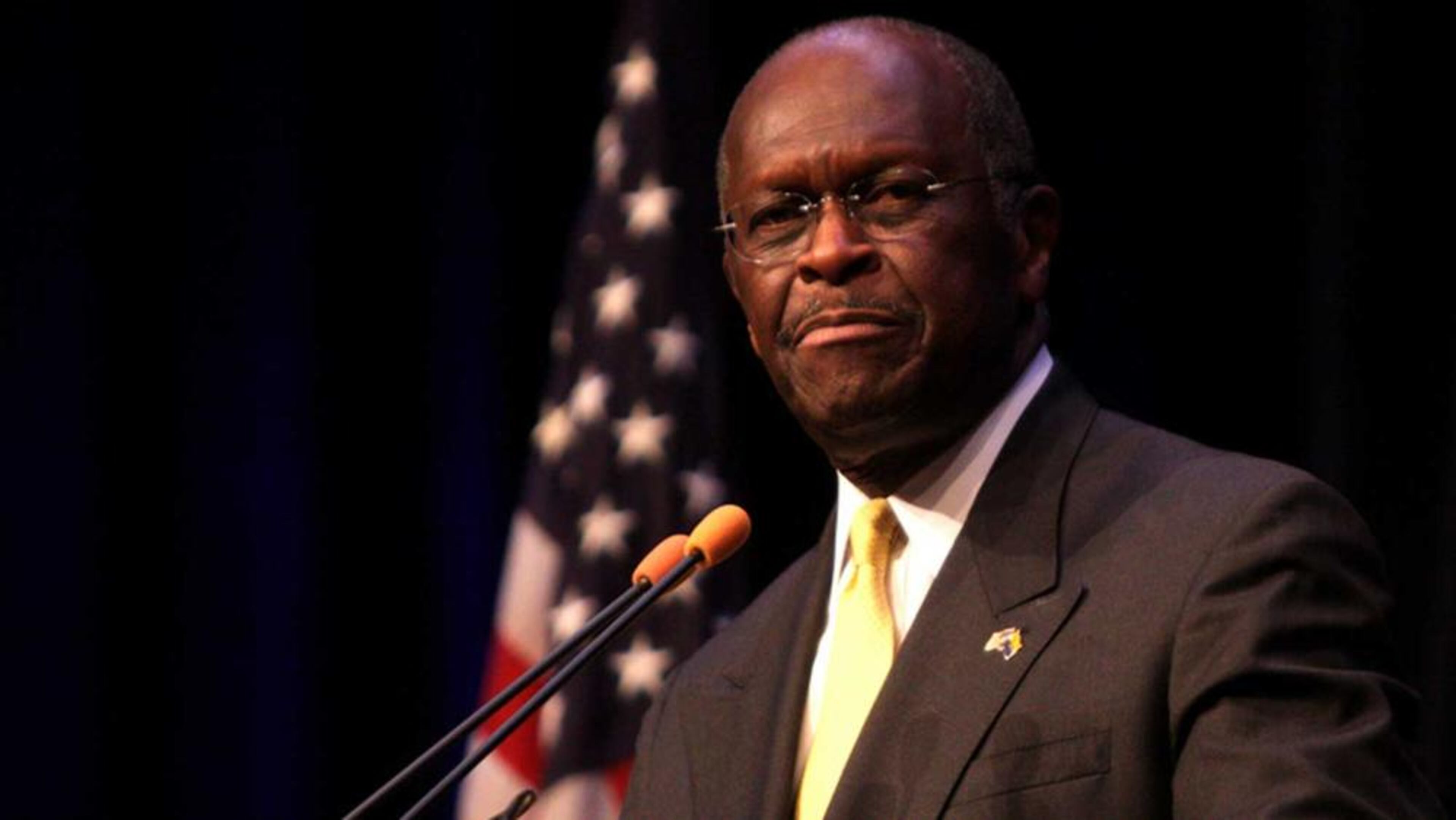A look at major coronavirus developments over the past week

The chairman of a U.S. House coronavirus subcommittee sent Gov. Brian Kemp a letter saying Georgia is not in compliance with White House COVID-19 task force recommendations and requesting the state’s detailed plans for dealing with the pandemic.
U.S Rep. James Clyburn, D-South Carolina, said Georgia is not following at least six recommendations from the task force, including mask mandates, strict limits on indoor dining and tighter restrictions on social gatherings.
“I am writing to request information about the private guidance the administration has provided to Georgia and whether you plan to implement those recommendations and take other critical action to slow the spread of the coronavirus across the state,” Clyburn wrote. “Although the task force has apparently provided Georgia with private suggestions concerning public health measures designed to stop the spread of the virus, the state has not implemented many of these recommendations – and instead appears to be following the contradictory messaging coming from the administration.”
The state’s COVID-19 case count has soared for weeks, and serious cases and deaths have spiked, too, reaching levels not seen even this spring.
Here is a look at other major developments related to the coronavirus over the past week.
Some areas running out ICU beds
All ICU beds in the Athens region’s 12 counties have been full since Friday, according to state figures. In south central Georgia, the state shows Tift Regional Medical Center’s nine-county region also extremely low on beds.
The surge in coronavirus cases has some hospitals treating emergency patients in hallways, waiting rooms and idle ambulances.
During the coming days, the state expects to launch a coordinating center based at Grady Memorial Hospital, which will monitor patient capacity and patient overflows and act as a sort of air traffic control in shifting or diverting patients, said Cody Hall, a spokesman for Gov. Brian Kemp. The state has budgeted $1.2 million for the new coordinating center.
The state also is close to reopening a temporary hospital with perhaps 120 beds for non-critical coronavirus patients, set up inside the Georgia World Congress Center. An overflow facility is also in the works in Milledgeville. The state has also contracted with Piedmont Healthcare for as many as 90 overflow beds at the Buckhead campus.

Delta adds flights in August but fewer than planned
Delta Air Lines plans to resume flights from Atlanta to Tokyo, Sao Paulo, Munich and Dublin in August, amid a gradual recovery tempered by the resurgence of the coronavirus.
The Atlanta-based airline says it now plans to add 700 flights to its worldwide schedule in August, growing to a total of 3,000 daily departures. That includes both domestic and international flights.
But the carrier’s recovery has been choppy, and in recent months it has added some flights to the schedule only to remove them later amid varying travel restrictions and travelers opting to stay home.
Previously, Delta planned to add 1,000 flights to its schedule in August, then as the virus spread, the company said it may instead add half that many.

Herman Cain dies of COVID-19.
Herman Cain — millionaire business executive, political lobbyist, broadcaster, motivational speaker and presidential candidate — died of COVID-19. He was 74.
Cain, a Henry County resident, had been hospitalized since July 1 after traveling to multiple places in June, including a rally for his close ally President Donald Trump in Tulsa, Okla., on June 20.
Major coronavirus vaccine study gets underway
The first large U.S. study of safety and effectiveness of a coronavirus vaccine began Monday morning, according to the National Institutes of Health and biotech company Moderna, which collaborated on the development of the vaccine.
A volunteer in Savannah received the first shot at 6:45 a.m., according to Dr. Anthony Fauci, director of the National Institute of Allergy and Infectious Diseases.
The study, a Phase 3 clinical trial, will enroll 30,000 healthy people at about 90 sites around the country this summer. Half will receive two shots of the vaccine, 28 days apart, and half will receive two shots of a saltwater placebo. Neither the volunteers nor the medical staff giving the injections will know who will get the real vaccine.
Researchers will then monitor the subjects, looking for side effects.
Their main goal will be to see if significantly fewer vaccinated people contract COVID-19. The study also will try to find out if the vaccine can avert severe cases of COVID and death; if it can block the infection entirely; and if just one shot can prevent the illness.
Staff writers James Salzer, J. Scott Trubey, Greg Bluestein and Kelly Yamanouchi contributed to this article. The New York Times also contributed this article


